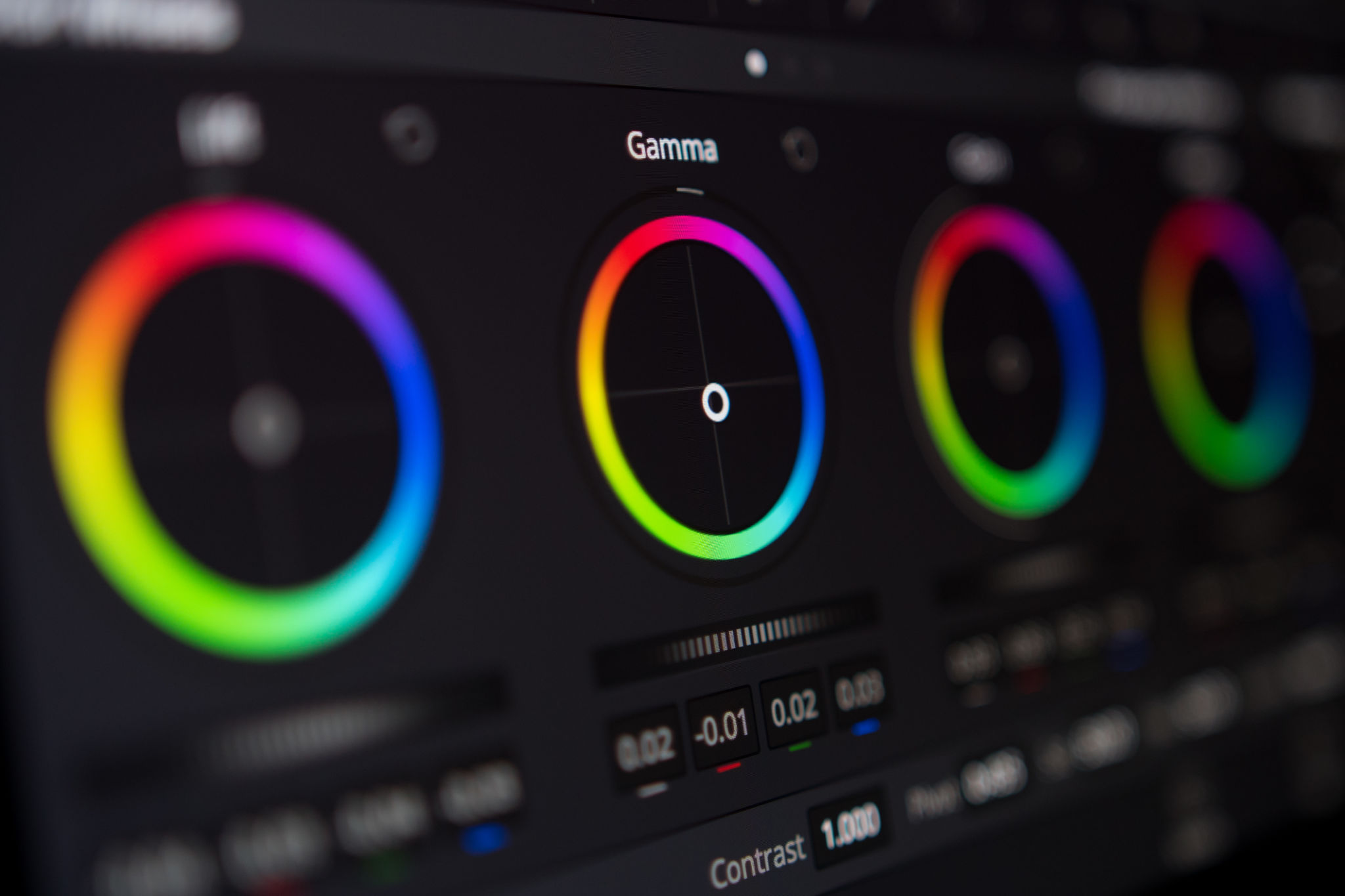The Art of Professional Video Editing: Transforming Raw Footage into Masterpieces
Introduction to Professional Video Editing
Video editing is more than just cutting and splicing footage. It’s a *creative process* that transforms raw footage into captivating stories that engage and inspire. Whether you’re working on a short film, a commercial, or a YouTube video, understanding the nuances of professional video editing is essential to producing high-quality content.

The Importance of Storytelling
At the heart of every great video is a compelling story. Editors must not only focus on technical aspects but also on how each clip contributes to the overall narrative. This involves selecting the right shots, determining the pace, and ensuring that the story arc resonates with the audience. A well-edited video should evoke *emotion*, keep viewers engaged, and deliver a clear message.
Understanding the Technical Aspects
Professional video editing requires a strong grasp of various technical elements. This includes knowledge of different editing software, understanding formats and codecs, and mastering techniques such as color grading and sound design. Each of these components plays a crucial role in enhancing the quality of the final product.

Mastering Editing Techniques
There are several techniques that editors use to create visually appealing and seamless videos. These include:
- Cutting on action: Ensures a smooth transition between shots by aligning edits with the movement within the frame.
- Match cuts: Create continuity by matching the movement or composition between two different scenes.
- L and J cuts: These audio techniques allow sound from one clip to transition into another, creating a more immersive experience.
The Role of Color Grading
Color grading is an art in itself that significantly impacts the mood and tone of a video. By adjusting colors, brightness, and contrast, editors can create a specific atmosphere that enhances the storytelling. This process not only ensures *visual consistency* but also draws attention to key elements within each scene.

Sound Design and Its Impact
A video is only as good as its audio. Effective sound design can elevate a project by adding depth and dimension. This involves balancing dialogue, adding ambient sounds, and incorporating music that complements the visuals. High-quality audio ensures that the audience remains engaged and immersed in the experience.
The Final Touches
Once the primary editing is complete, it’s time for the final touches. This phase may include adding visual effects, titles, or animations to enhance the storytelling further. It's essential to review the entire project to ensure that all elements align seamlessly and meet the intended vision.
Professional video editing is both an art and a science. It requires creativity, technical skill, and an understanding of storytelling to transform raw footage into masterpieces that captivate audiences worldwide. As you refine your editing skills, remember that your unique perspective and style will ultimately define your work.
